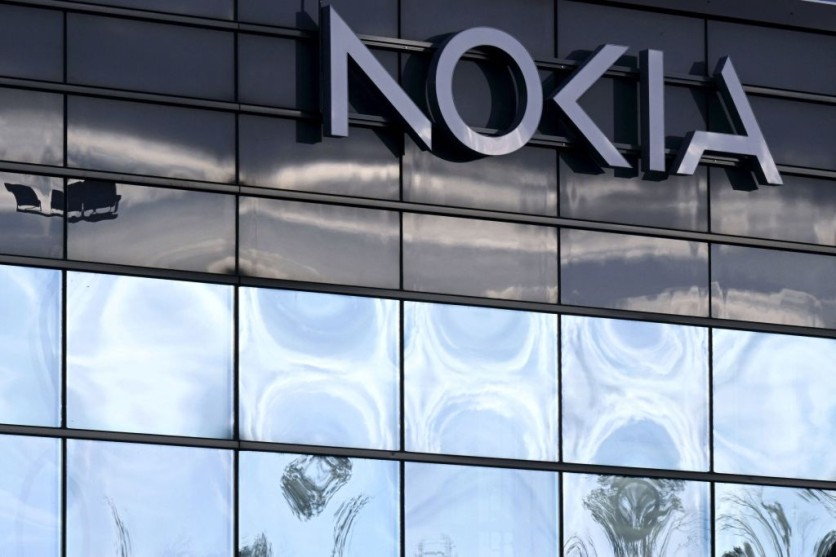
Telecom equipment maker Nokia announced on Thursday that it planned to cut up to 14,000 individuals from its worldwide workforce, or around 16% of its whole staff to address financial issues after third-quarter sales and profitability plummeted.
A leading 5G wireless network manufacturer, Nokia faces market uncertainty exacerbated by rising interest rates. In 2026, it aims to slash spending by 800 million to 1.2 billion euros ($843 billion to $1.26 billion). Once these targets are met, the workforce should drop from 86,000 to around 72,000 to 77,000.
Nokia Sales Slowing Down
The company's third-quarter revenue plummeted 20% to 4.98 billion euros ($5.2 billion) from 6.24 billion euros ($6.6 billion). Nokia's July-September quarter net profit decreased to 299 million euros ($316 million) from 551 million euros ($583 million) last year.
The company's main revenue source, mobile networks, fell 24% to 2.16 billion euros ($2.28 billion). North American market weakness caused this drop. As a result, this division's operating profit fell by 64 percent.
Nokia CEO Pekka Lundmark reaffirmed the firm's steadfast faith in the medium- to long-term appeal of its markets.
"Data traffic growth continues, the 5G rollout is still only around 25% complete, excluding China, and networks will continued investment. Cloud computing and AI revolutions will not happen without significant investment in networks that have vastly improved capabilities," Lundmark said, as quoted by CNBC.
Nokia's main customers, telecom operators, have postponed investments owing to rising interest rates and financial costs. Global central banks raise interest rates to combat inflation by raising corporate investment costs in equipment and other resources.
According to Nokia CEO Lundmark, this issue is affecting the market as a whole, and Nokia's competitors are experiencing comparable problems. Major 5G broadband technology suppliers like Ericsson, Huawei, and Samsung are also feeling the effects.
Read also: Elon Musk's X Launches 'Not a Bot' Test: $1 Fee for New Users in the Philippines, New Zealand
From remote-controlled drones powered by #5G, to space-based cellular broadband, we’ve been working non-stop during Q3 to deliver on the exponential potential of networks.
— Nokia (@nokia) October 18, 2023
Learn more about these customer successes and the latest Q3 case studies, here: https://t.co/ksxJhLvFy3 pic.twitter.com/IpB88CapuW
Many operators are using their current stock of network equipment, such as base stations, previously accumulated owing to component shortages years ago, rather than investing in new equipment. The North American market is where operator investments are falling the most, significantly hurting Nokia's total profitability.
Nokia's North American revenues decreased 45% to 1.3 billion euros in the third quarter compared to last year. Even in India, a country with strong revenue growth, 5G network rollouts, a crucial development engine, are slowing.
According to Nokia CEO Lundmark, cost-cutting measures are seen as an essential step to guarantee Nokia's competitiveness and preserve its future.
Rival Company Also Implemented Job Cuts
Ericsson, Nokia's rival, announced 8,500 layoffs earlier this year as part of its cost-cutting strategy. Ericsson CEO Borje Ekholm cautioned that "underlying uncertainty impacting" its mobile network business will linger beyond 2024, casting doubt on telecom equipment makers' recovery prospects.
Nokia's job cutbacks follow Ford's workforce decrease of 700 at a Michigan electric car facility. Numerous restrictions, such as limitations in the supply chain, were blamed for these reductions, according to a Forbes report. Due to "upstream effects" from the United Auto Workers strike, 500 more workers were laid off across numerous sites. Ford has already let off approximately 2,500 workers overall since the strike began.

![Apple Watch Series 10 [GPS 42mm]](https://d.techtimes.com/en/full/453899/apple-watch-series-10-gps-42mm.jpg?w=184&h=103&f=9fb3c2ea2db928c663d1d2eadbcb3e52)



